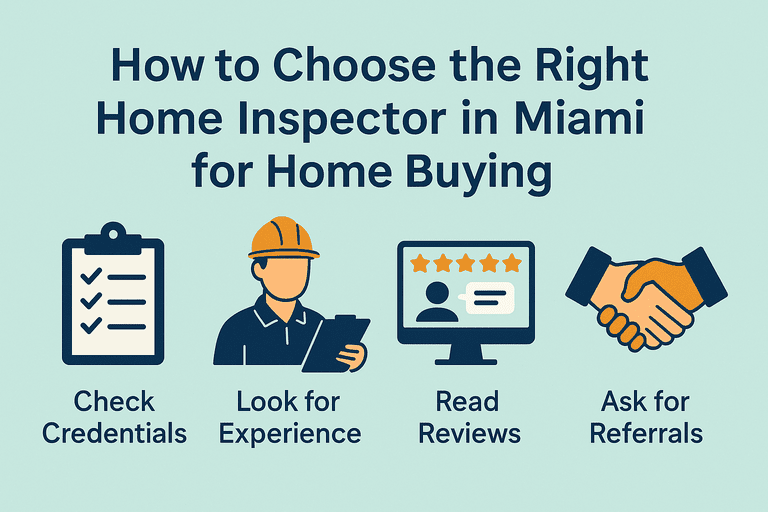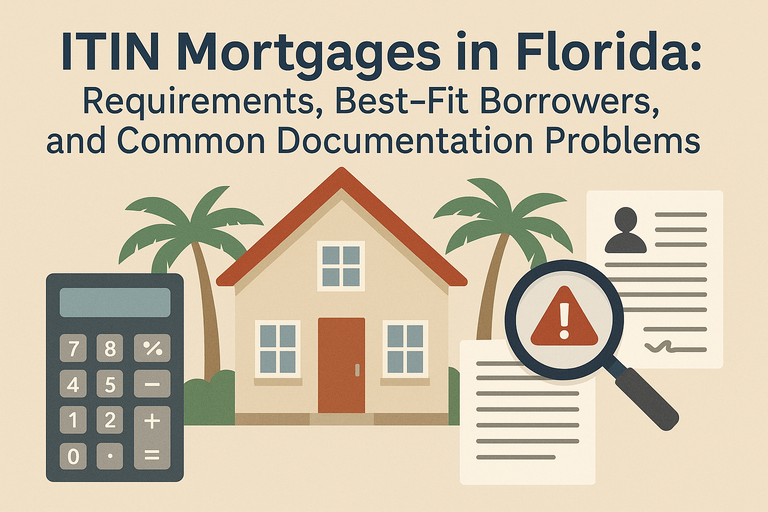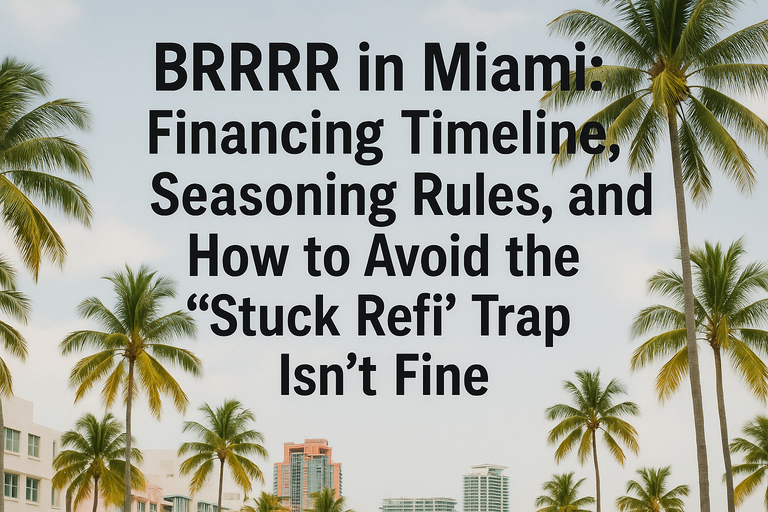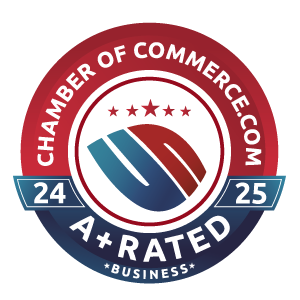Choosing the right home inspector in Miami is a critical step in the home-buying process, especially in a city with unique environmental challenges like flooding and hurricanes. A qualified inspector can uncover issues that impact your investment, from structural concerns to hidden water damage. However, with countless inspectors vying for your business, how do you select the best one? This guide explores key factors, certifications, and practical tips to ensure you hire a reliable home inspector in Miami, helping you make an informed purchase.
Why a Home Inspector Matters in Miami’s Real Estate Market
Miami’s real estate market is dynamic, but its coastal location introduces risks like flood exposure, mold, and hurricane-related damage. A skilled home inspector evaluates a property’s condition, identifying issues that could affect its value or safety. For instance, a 2023 report by the National Association of Realtors noted that 12% of home sales fall through due to inspection issues, underscoring the importance of a thorough evaluation. By choosing the right home inspector, you avoid costly surprises and gain leverage in negotiations.
Moreover, Miami’s climate demands inspectors familiar with local challenges. From checking for flood-resistant construction to assessing wind mitigation features, a specialized inspector ensures your home meets Florida’s stringent building codes.
Key Factors in Choosing a Home Inspector in Miami
Selecting a home inspector requires careful consideration. Here are essential factors to guide your decision.
Verify Licensing and Certifications
In Florida, home inspectors must be licensed by the Department of Business and Professional Regulation (DBPR). Verify the inspector’s license through the DBPR website to ensure compliance. Additionally, look for certifications from reputable organizations like the International Association of Certified Home Inspectors (InterNACHI) or the American Society of Home Inspectors (ASHI). These credentials indicate advanced training and adherence to industry standards.
For example, InterNACHI-certified inspectors often complete specialized courses on Florida-specific issues, such as wind mitigation and four-point inspections, which are crucial for Miami properties.
Check Experience and Local Expertise
Experience matters, particularly in Miami’s unique market. An inspector with at least 3–5 years of experience and a track record of 500+ inspections is likely to spot issues that less seasoned professionals might miss. Ask if they specialize in Miami’s coastal properties, as familiarity with flood zones, seawall conditions, and hurricane-resistant features is essential.
From personal observation, seasoned inspectors in Miami often carry tools like moisture meters and thermal imaging cameras to detect hidden water damage, a common issue in flood-prone areas like South Beach.
Review Sample Reports and Scope of Inspection
A quality home inspector provides a detailed, easy-to-read report. Ask for a sample report to assess its thoroughness. Look for comprehensive coverage of structural elements, roofing, plumbing, electrical systems, and HVAC, plus Miami-specific checks like flood defenses and mold risks. Reports should include photos, clear descriptions, and actionable recommendations.
Additionally, confirm whether the inspector offers specialized services, such as wind mitigation or four-point inspections, often required for insurance in Florida. These can save you money and streamline the home-buying process.
Read Reviews and Seek Referrals
Online reviews on platforms like Yelp or Google provide insights into an inspector’s reliability and professionalism. Look for consistent feedback about punctuality, communication, and attention to detail. For instance, a Miami inspector with 100+ five-star reviews likely delivers consistent quality.
Moreover, ask your real estate agent or mortgage broker, such as My Miami Mortgage Broker, for referrals. Local professionals often know trusted inspectors who understand Miami’s market nuances.
Questions to Ask a Home Inspector in Miami
To ensure you’re hiring the right professional, ask these key questions:
-
How long have you been inspecting homes in Miami?
Experience in the local market ensures familiarity with regional issues like flood risks. -
What does your inspection cover?
Confirm they check for Miami-specific concerns, such as seawall integrity or hurricane shutters. -
Can you provide references or a sample report?
References validate reliability, while sample reports show their level of detail. -
Do you carry errors and omissions (E&O) insurance?
E&O insurance protects you if the inspector misses a major issue. -
Are you familiar with flood zone requirements?
In Miami, understanding FEMA flood zones is critical for assessing risk.
These questions help gauge expertise and ensure the inspector aligns with your needs.
Miami-Specific Considerations for Home Inspections
Miami’s unique environment requires specialized inspection focus. Here are key areas to prioritize:
Flood and Water Damage Risks
Miami’s low elevation and frequent flooding make water damage a top concern. A 2024 FEMA report highlighted that 40% of Miami-Dade County properties are in high-risk flood zones. Inspectors should check for signs of water intrusion, mold, and proper drainage systems. For coastal homes, seawall condition is critical, as repairs can cost $50,000 or more.
Hurricane and Wind Resistance
Florida’s building codes mandate hurricane-resistant features, such as impact windows and reinforced roofs. A good inspector verifies compliance with these standards, which can also qualify you for insurance discounts. For older homes, they should assess retrofitting needs.
Condo and HOA Inspections
If buying a condo, ensure the inspector evaluates both the unit and common areas. Miami’s condo market is vast, but aging buildings face issues like concrete spalling or reserve fund shortages. A thorough inspection can reveal these risks, protecting your investment.
Tips for a Successful Home Inspection in Miami
To maximize your inspection’s value, follow these steps:
-
Attend the Inspection: Being present allows you to ask questions and see issues firsthand. In Miami, I’ve noticed inspectors often point out subtle signs of wear, like cracked stucco, that buyers might overlook.
-
Work with a Mortgage Broker: A broker like My Miami Mortgage Broker can connect you with inspectors who understand lender requirements, ensuring reports meet financing standards.
-
Request a Four-Point Inspection: This evaluates key systems (roof, HVAC, plumbing, electrical) and is often required for older homes in Florida to secure insurance.
-
Budget for Repairs: Miami inspections often uncover issues like mold or outdated wiring. Set aside 1–2% of the home’s value for potential fixes.
-
Compare Multiple Inspectors: Get quotes from at least three inspectors to compare pricing, services, and expertise. Average costs in Miami range from $300–$600, depending on property size.
Building Topical Authority: A Comprehensive Resource
This guide links to related topics like “Navigating Miami’s Flood Zones” or “Understanding Florida’s Wind Mitigation Credits” to create a content hub for home buyers. By covering subtopics like condo inspections and insurance requirements, it positions My Miami Mortgage Broker as a go-to resource for Miami real estate.
FAQs: Choosing a Home Inspector in Miami
Q: How much does a home inspection cost in Miami?
A: Typically $300–$600, depending on home size and inspection scope.
Q: Should I get a four-point inspection?
A: Yes, especially for homes over 25 years old, as it’s often required for insurance.
Q: Can I skip the inspection to save money?
A: No. Inspections uncover issues that could cost thousands to fix, protecting your investment.
Q: How long does a Miami home inspection take?
A: About 2–4 hours, depending on the property’s size and condition.
These FAQs address common buyer concerns, enhancing user satisfaction.
Conclusion
Choosing the right home inspector in Miami is essential for a confident home purchase. By verifying credentials, prioritizing local expertise, and asking the right questions, you ensure a thorough evaluation that protects your investment. Partnering with professionals like My Miami Mortgage Broker can streamline the process, connecting you with trusted inspectors and lenders. With the right inspector, you’ll navigate Miami’s unique challenges and secure your dream home.
Sources:
-
National Association of Realtors, 2023
-
Florida DBPR Licensing
-
FEMA Flood Zone Report, 2024
-
InterNACHI Certification Standards
-
ASHI Home Inspection Guidelines






